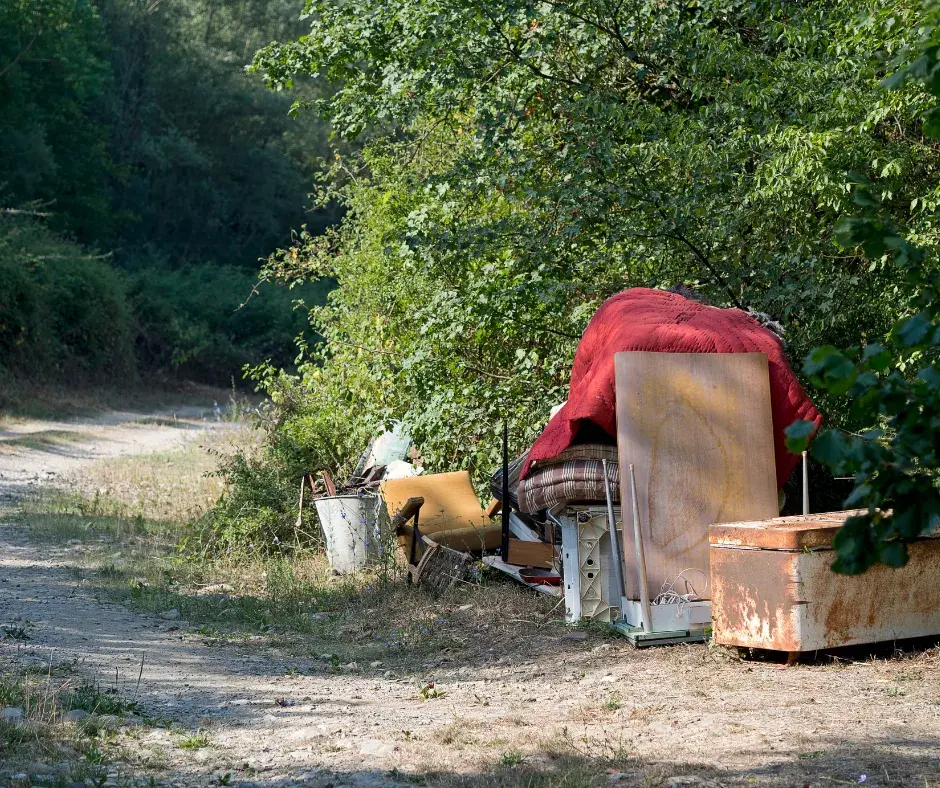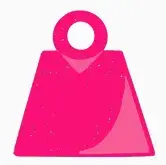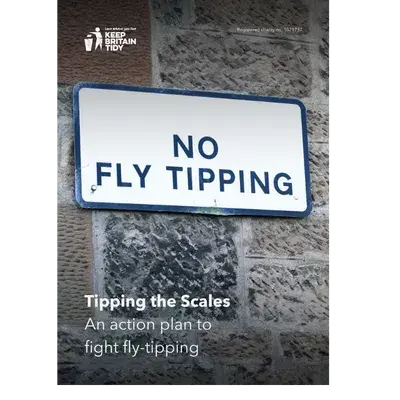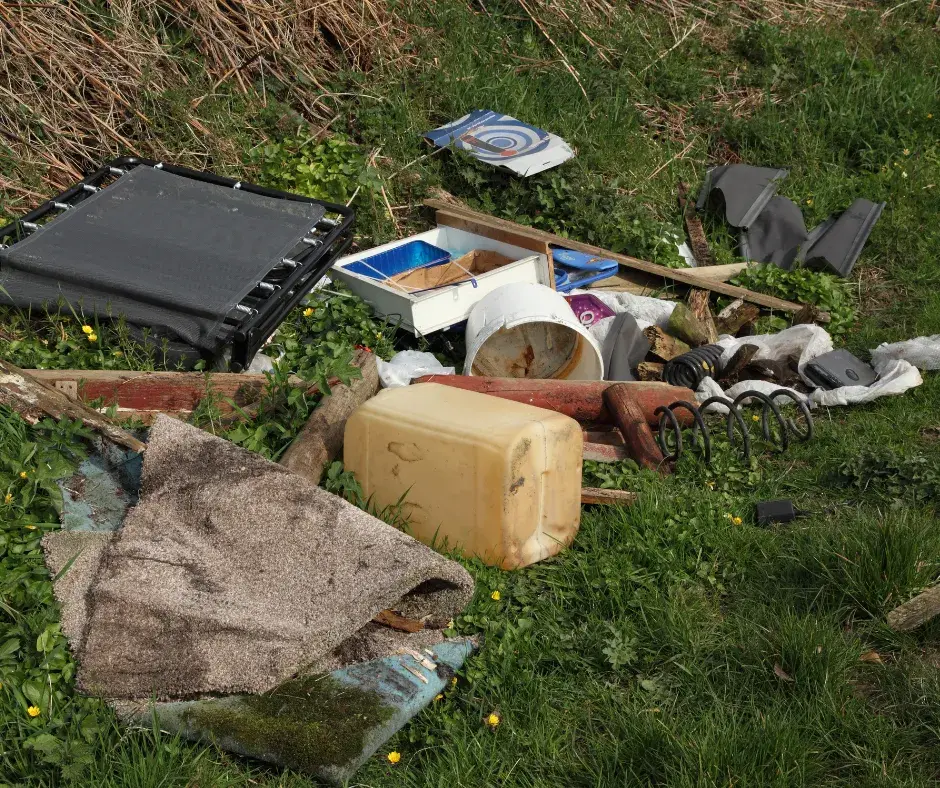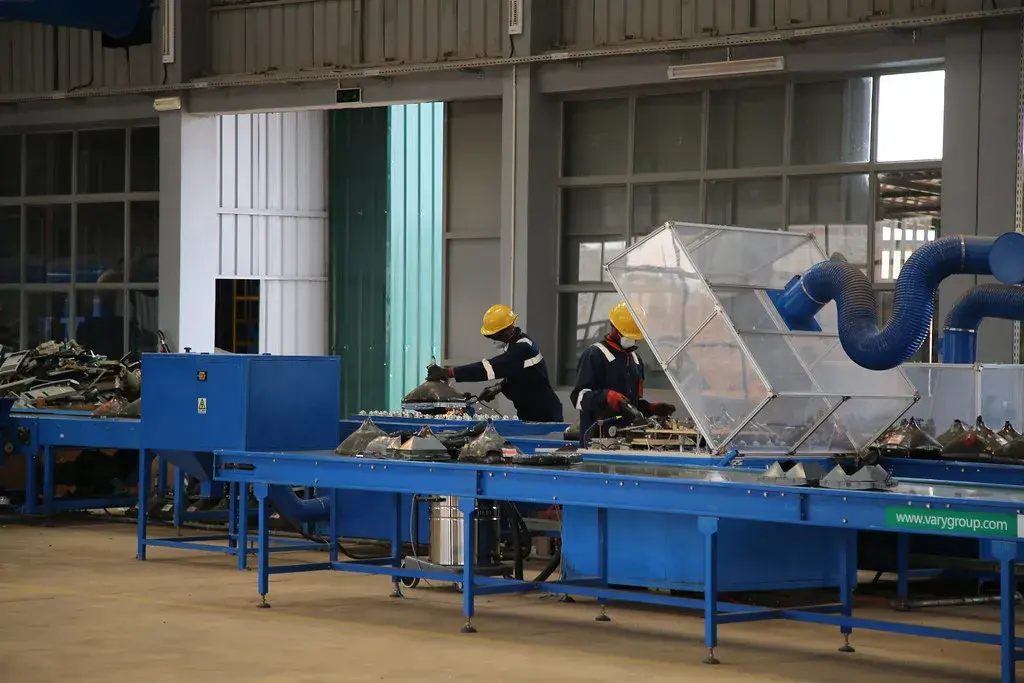You should report it to your local council in the first instance. If you report it, the rubbish can be removed and, with your help, the crime can be investigated. If you see someone fly-tipping or you want to report an area where fly-tipping has taken place, take note of the following:
- Date, time and place of the incident
- What the waste looks like and how much there is
- Descriptions of any person and/or vehicles involved along with the registration number
As fly-tippers are doing something that is illegal they do not want to be caught. Do not approach them or put your own safety at risk.
Both local authorities and the Environment Agency have powers to tackle fly-tipping and they have agreed a fly-tipping protocol to address the important issues associated with the problem. The protocol sets out who will deal with different types of incidents.
Local authorities deal with smaller-scale incidents and the Environment Agency deal with larger-scale incidents of illegal waste disposal, fly-tipping including hazardous wastes and tipping carried out by organised criminals.
Reports to the Environment Agency can be made using their national hotline number 0800 807 060.
